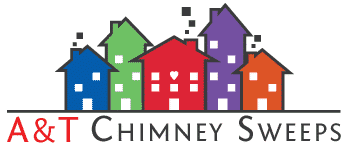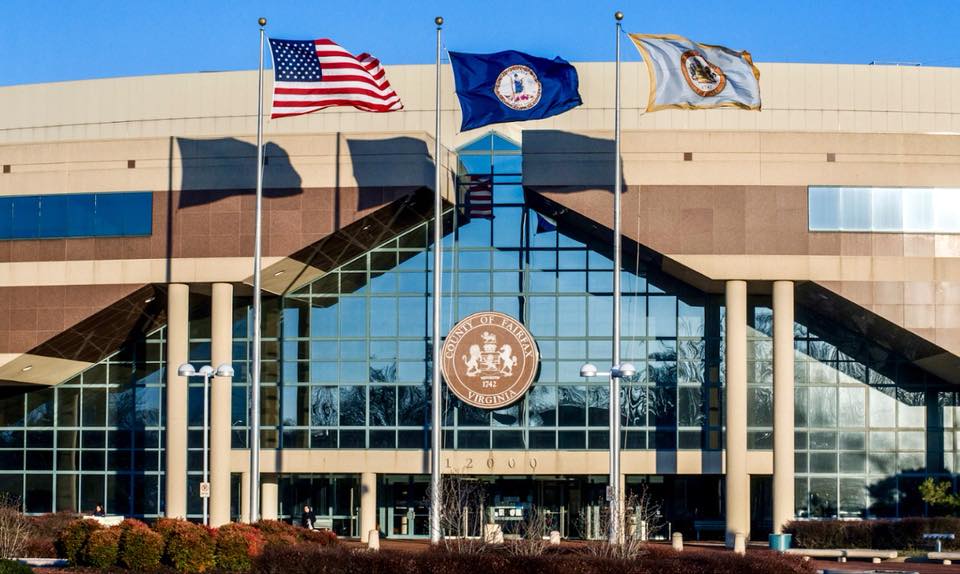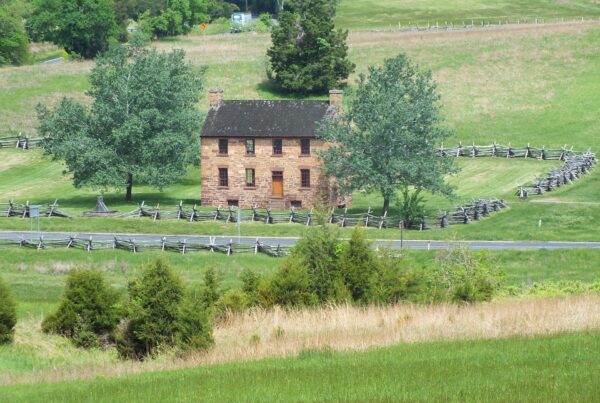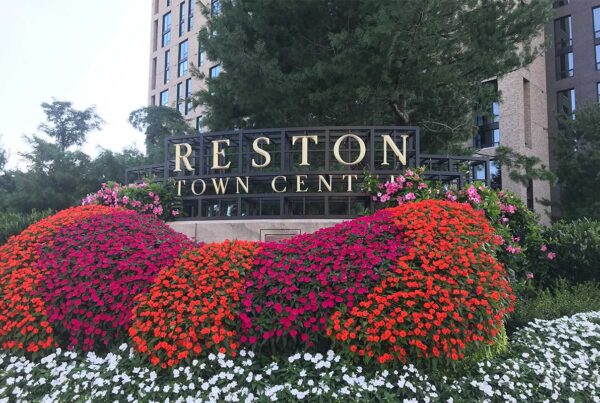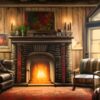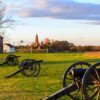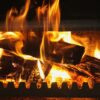Understanding Creosote: Basic Safety Measures for Fairfax VA Residents
Fairfax, Virginia, with its rich history and charming atmosphere, is an area where many homes have fireplaces. However, many homeowners may not be fully aware of the hidden dangers lurking inside their chimneys, particularly a substance known as creosote.
Understanding Creosote
Creosote is a by-product of wood combustion, an oily, dark, and flammable substance that sticks to the inner walls of your chimney or wood stove pipes. It is formed when the gases and particles released by burning wood fail to fully escape through the chimney and instead cool down and condense on the inner surfaces. The different stages of creosote, from the easily brushed away first degree to the glaze-like, highly combustible third degree, each pose a different level of fire risk.
Creosote is a significant fire hazard. If it builds up in sufficient quantities – and catches fire inside the chimney flue – the result can be a dangerous chimney fire. The high heat can crack your chimney liner, damage the chimney structure, and potentially ignite nearby combustible materials such as your roof, leading to a house fire.
Safety Measures
As residents of Fairfax, VA, understanding creosote and its dangers is vital for the safety of your home and family. Here are some basic safety measures you can take:
1. Regular Inspection and Cleaning: The Chimney Safety Institute of America (CSIA) recommends having your chimney inspected at least once a year and cleaned as needed. Regular inspections and cleaning by a professional chimney sweep company, like “A&T Chimney Sweeps fireplace, furnace, dryer vent, gutter cleaning and repair services in Fairfax VA”, can help prevent creosote buildup and detect any potential problems early.
2. Use Seasoned Wood: The type of wood you burn can affect the amount of creosote produced. Seasoned (dried) hardwoods such as oak, ash, or maple produce less creosote than green or softwoods.
3. Maintain a Hot Fire: A slow-burning, smoky fire at a low temperature produces more creosote than a hot fire. Make sure your fire is hot enough to allow the by-products to ascend the chimney quickly.
4. Install a Chimney Cap: A chimney cap will prevent rainwater from entering your chimney, reducing the moisture that can combine with the soot to form creosote.
5. Install a Chimney Liner: Chimney liners provide a smooth path for hot smoke and gases to exit the home, preventing creosote buildup in cracks and crevices.
6. Regular Maintenance: Beyond cleaning, resolving issues like a broken damper or installing a chimney cap can also help reduce creosote buildup.
FAQs about Creosote
Q: How often should my chimney be cleaned to avoid creosote buildup?
A: The Chimney Safety Institute of America (CSIA) recommends annual inspections. The frequency of cleaning depends on the usage, the type of fuel burned, and other factors. A professional chimney sweep can provide personalized advice based on your specific circumstances.
Q: Can I clean the chimney myself to remove creosote?
A: While some homeowners choose to do this, it’s generally safer and more effective to hire a professional chimney sweep. They have the training, tools, and experience needed to do a thorough job and to spot potential problems that you might miss.
Q: Is there a way to reduce the amount of creosote my fireplace produces?
A: Yes, burning only seasoned hardwoods, maintaining a hot fire, and ensuring proper ventilation can all help reduce the amount of creosote your fireplace produces.
Q: What are the signs of a chimney fire?
A: Signs can include loud cracking or popping noises, dense smoke or flames coming from the chimney, a strong, hot smell, or a sudden intense heat. If you suspect a chimney fire, evacuate the home immediately and call 911.
In conclusion, while fireplaces can add a cozy, warm atmosphere to your Fairfax, VA home, they also come with responsibilities for maintenance and safety. By understanding creosote and taking steps to prevent its buildup, you’ll be doing your part to protect your home and loved ones from the risk of a chimney fire.
